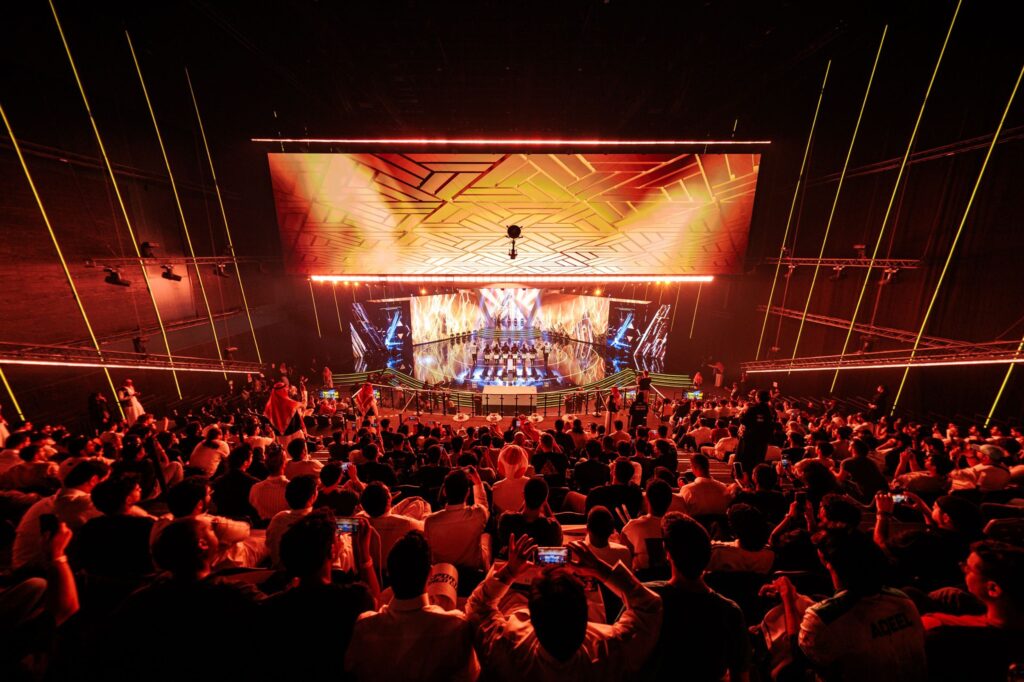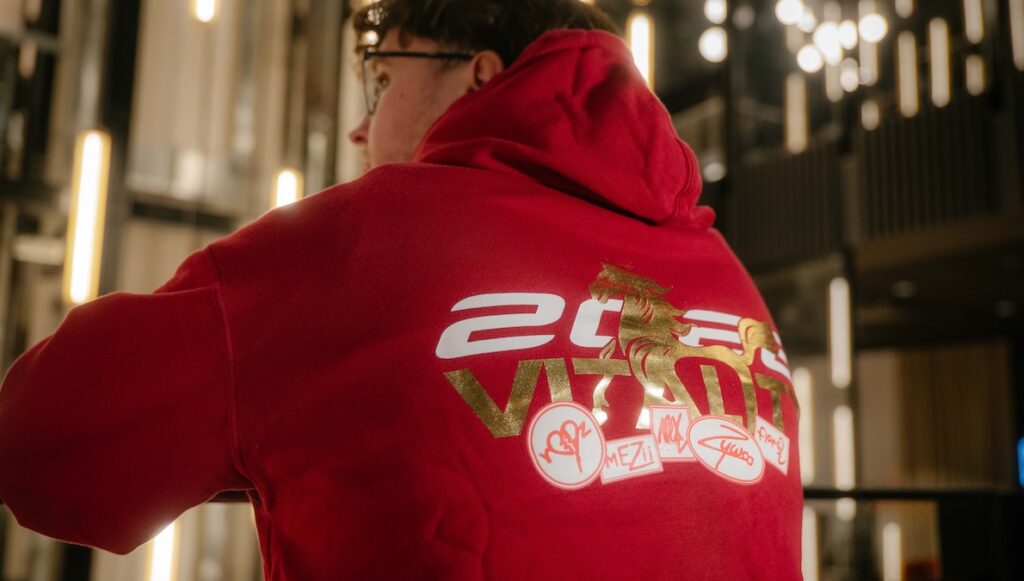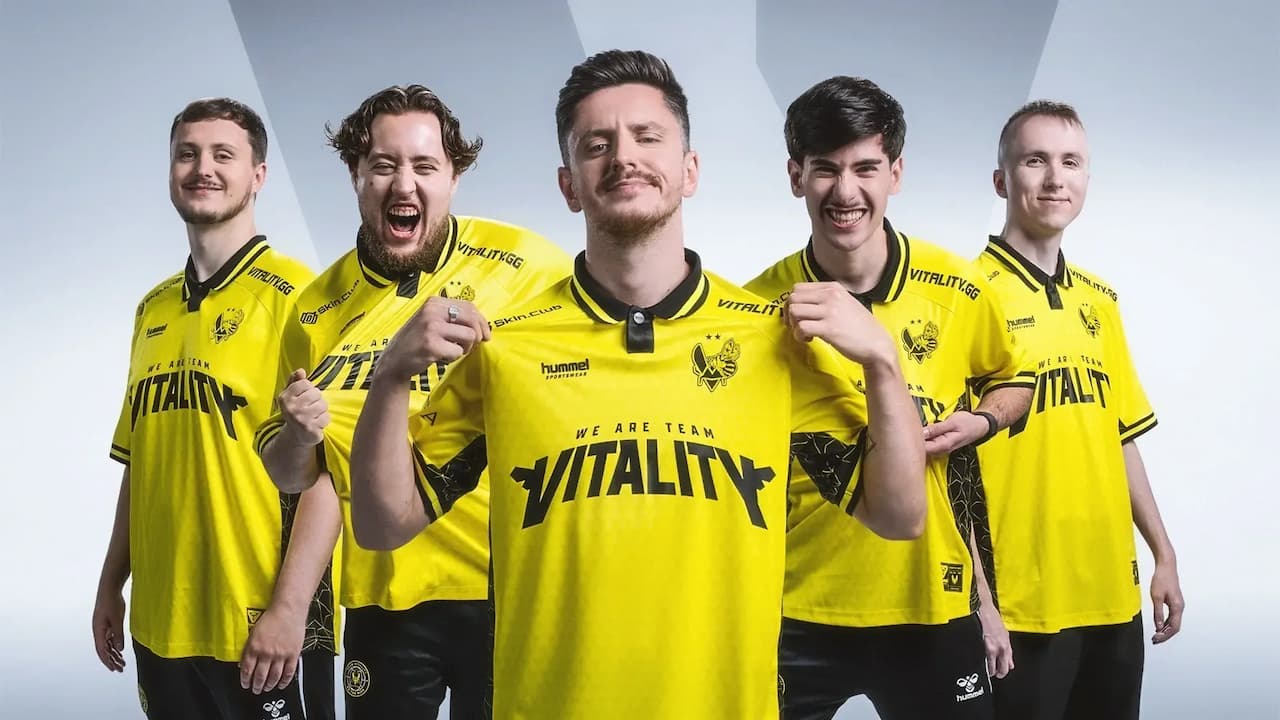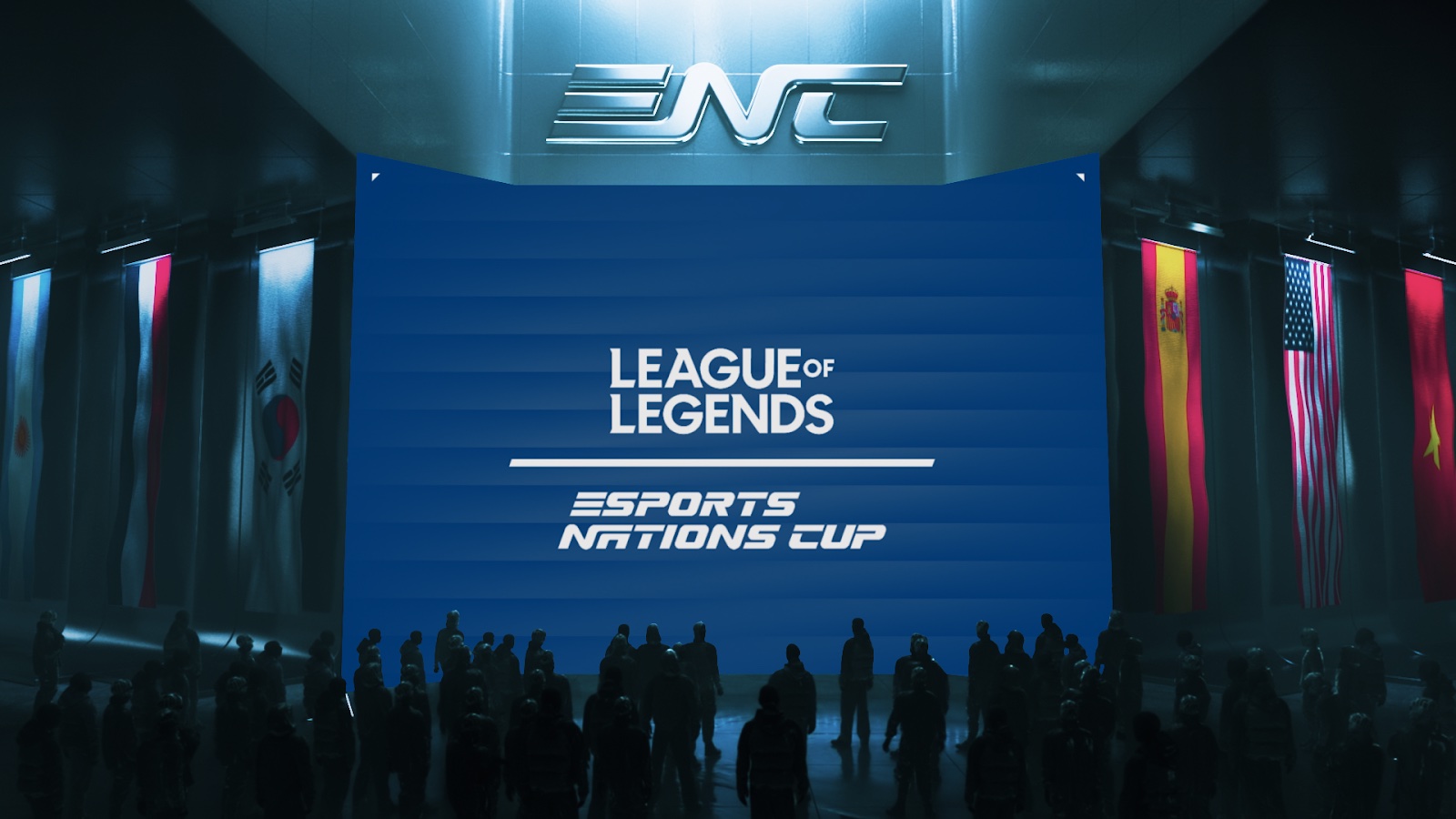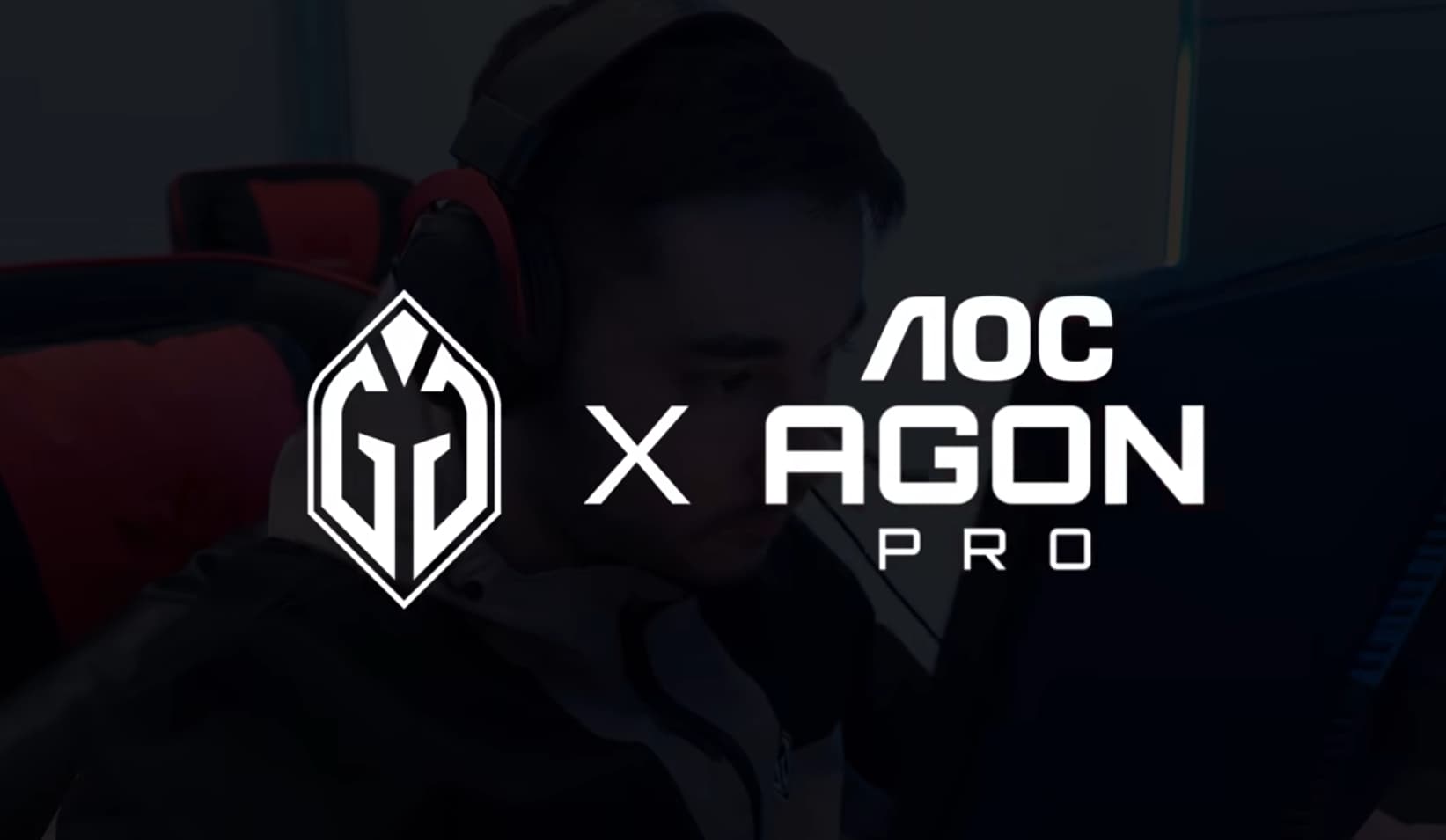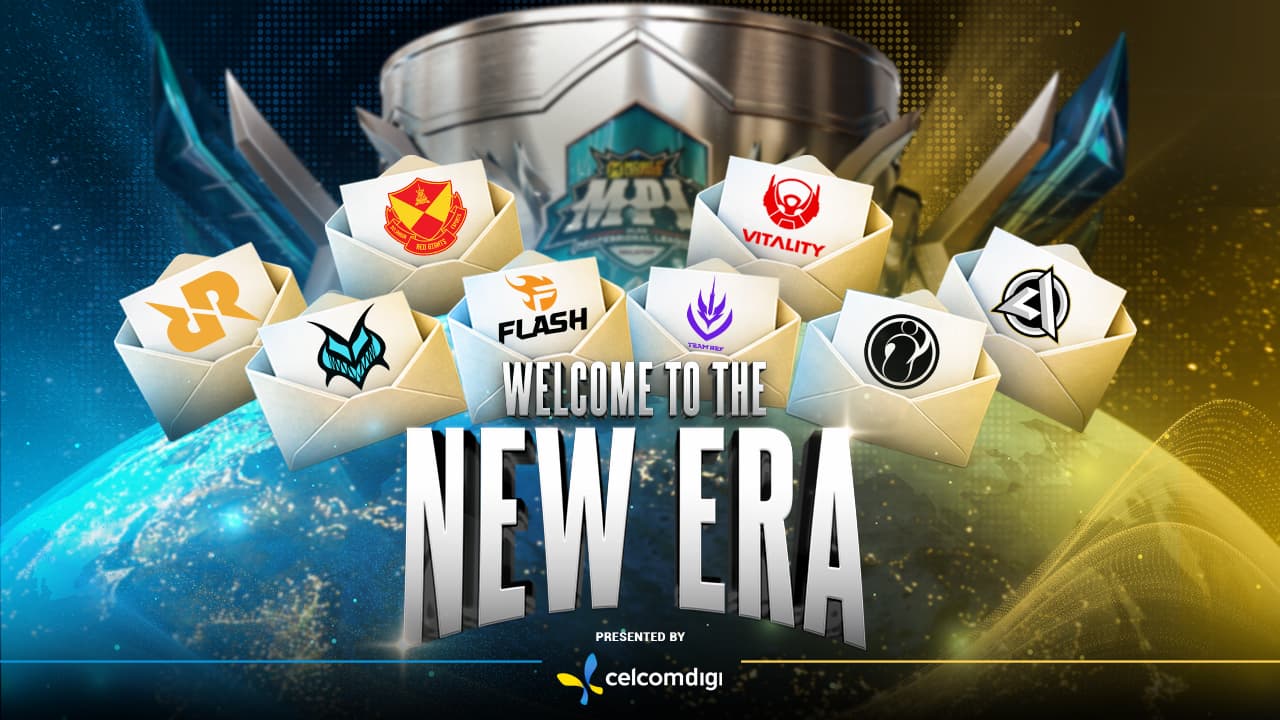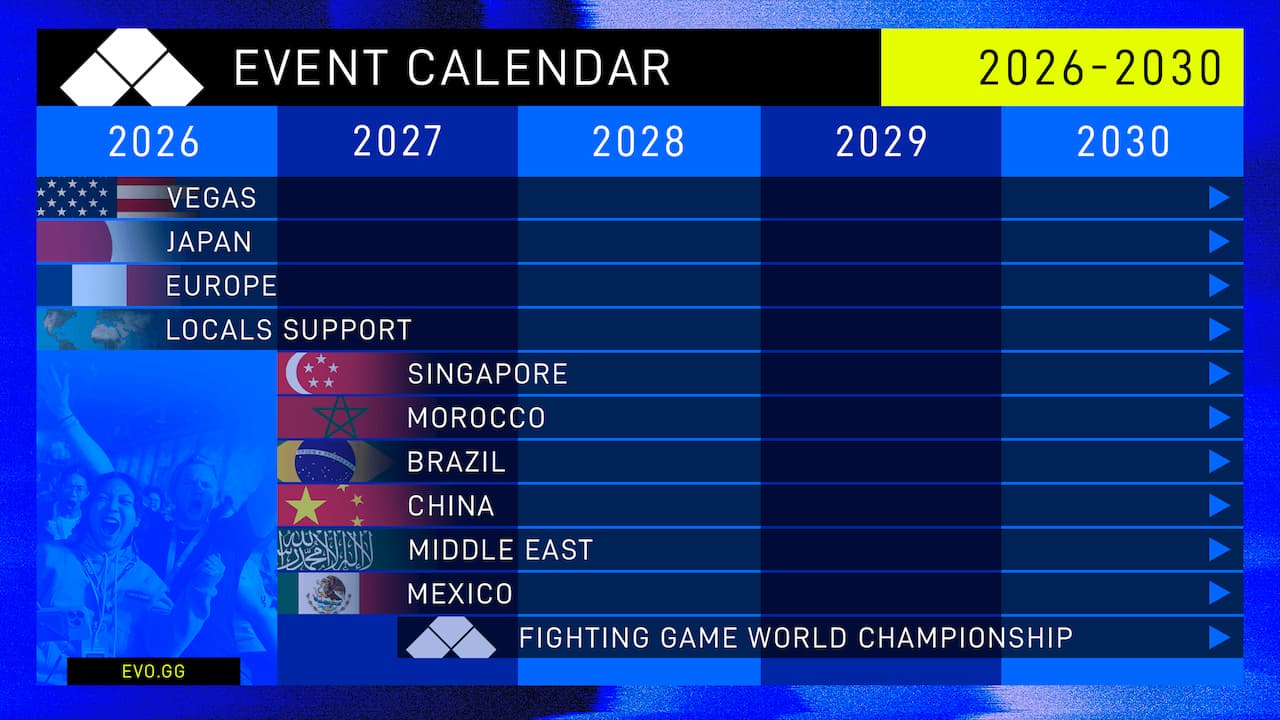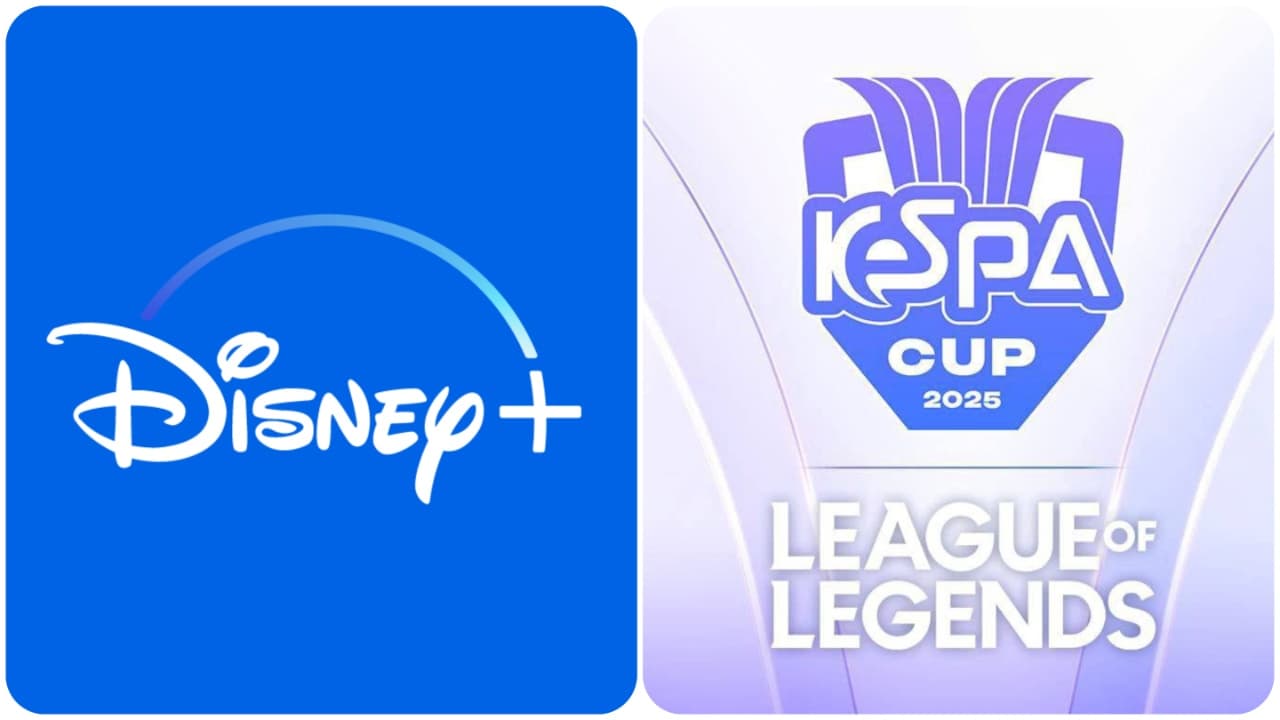Now in its second edition after replacing its predecessor Gamers8, the Esports World Cup (EWC) is being staged in Riyadh, Saudi Arabia, over a seven-week period that brings together thousands of players for tournaments across 24 different games. These competitions are spread across console, mobile, PC, and even sim racing, with clubs approaching them in very different ways: some fielding rosters in just one game, others, such as Team Falcons or Team Liquid, competing across several.
To increase even further the complexity of the whole show, the teams’ performances feed into the Club Championship standings, where points are awarded for top finishes in different games to crown the most versatile organisation. And, to top it off, the stage setup even involves a pneumatic pressure machine. The event is operated by ESL FACEIT Group (EFG), the tournament organiser acquired in 2022 by Savvy Games Group, which is owned by Saudi Arabia’s Public Investment Fund.
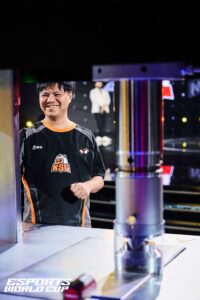
To understand what goes into coordinating an event of this scale, The Esports Radar spoke with Shaun Clark, VP of Games Ecosystems at EFG.
Clark describes the scope as “a massive undertaking.” Four world-class esports stages run simultaneously, with additional setups for off-camera matches, while broadcasts are produced in English, Arabic, and multiple other languages. Alongside competition, EWC provides hospitality for thousands of players, teams, and broadcast staff. “When you watch the broadcasts,” Clark says, “you’re seeing the result of 12 months of relentless planning, testing, and collaboration to make every detail world-class.”
The operational challenges are significant. With as many as six tournaments running at once, each with its own rules and production demands, EWC also manages the logistics of flying in players and talent from around the world. This includes hotels, shuttles, and on-site facilities. “The biggest challenge is volume plus variety,” Clark explains, recalling ESL’s extensive event organising experience: “We overcome it by breaking complexity into specialist teams, each owning their domain, and by building incredibly detailed run-of-show and logistics plans months in advance. And when you’ve been doing it for over a decade, you also develop experience for adapting fast when the unexpected happens — which happens a lot.”
Also read: Ralf Reichert on how the EWC aims to reach 3 billion gamers worldwide
Clark says EFG functions “like a well-oiled esports company,” with departments sharing real-time updates across production, operations, hospitality, and broadcast. “With something like EWC, no single person or team can deliver it alone. It’s the sum of hundreds of specialists moving in sync that makes it all work.”
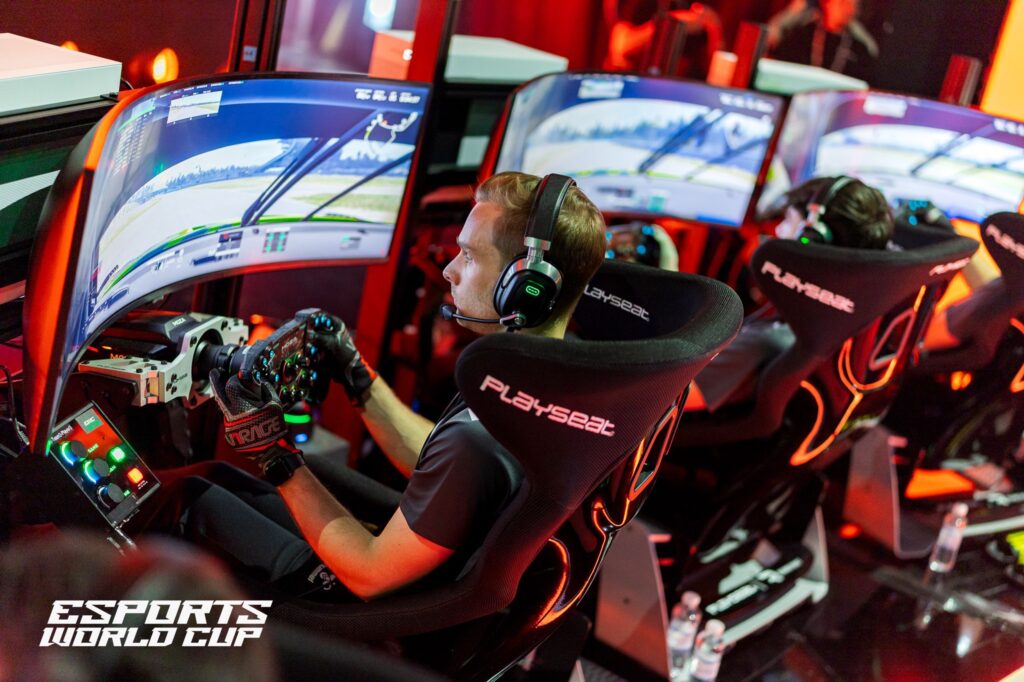
External partners and local organisers form another part of the structure. Venue specialists, broadcast crews, and hospitality providers are integrated into the operation. “Our role at EFG is to help bring all those moving parts into a single, unified operation and production machine,” Clark says. “It’s that blend of global expertise and local knowledge that lets us deliver something truly seamless for players, fans, and viewers worldwide.”
At a time when esports events are increasingly international, the EWC illustrates the complexity of running multi-title competitions on a global stage, with months of preparation condensed into a few weeks of broadcasts watched worldwide.



